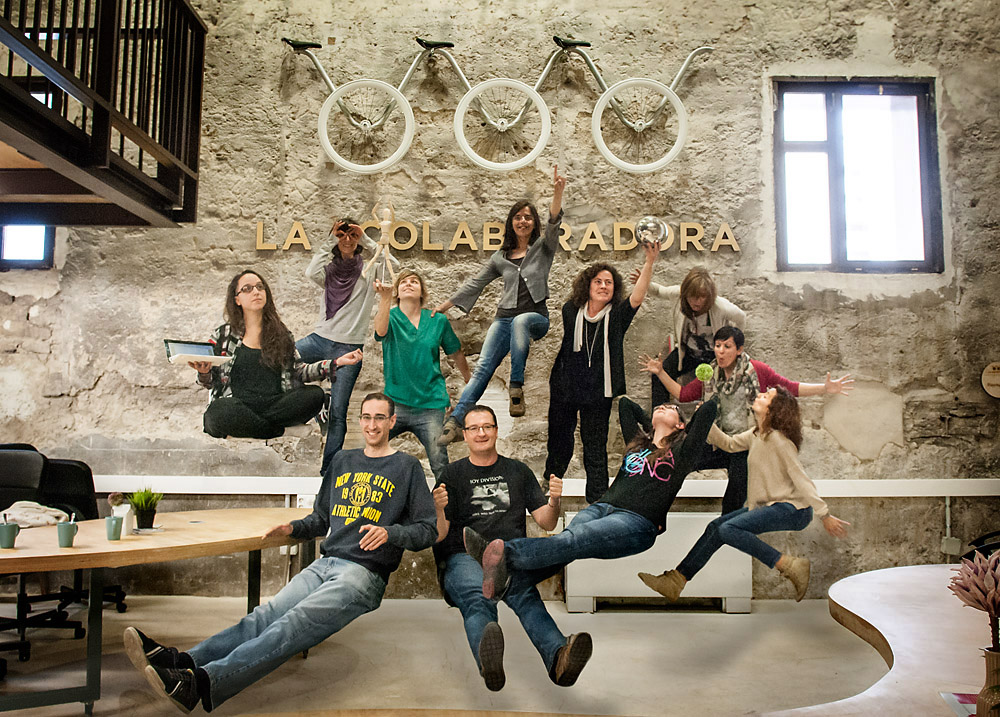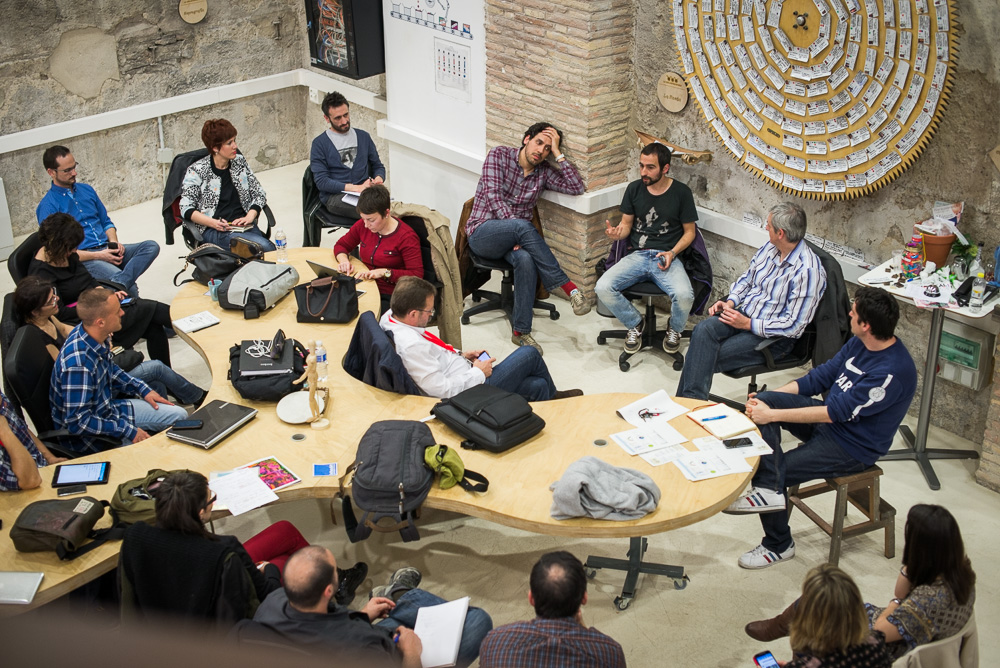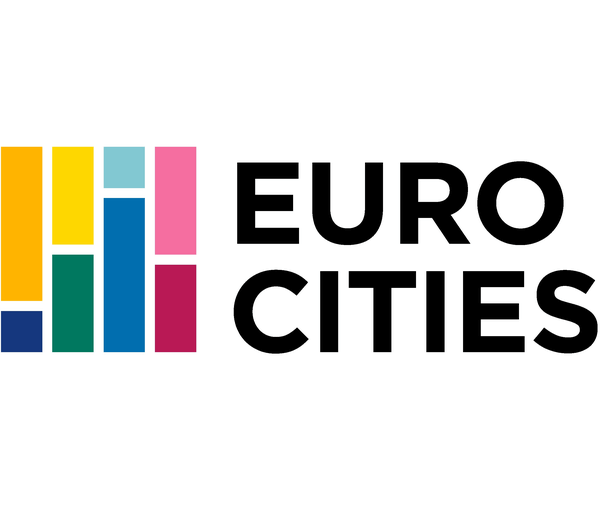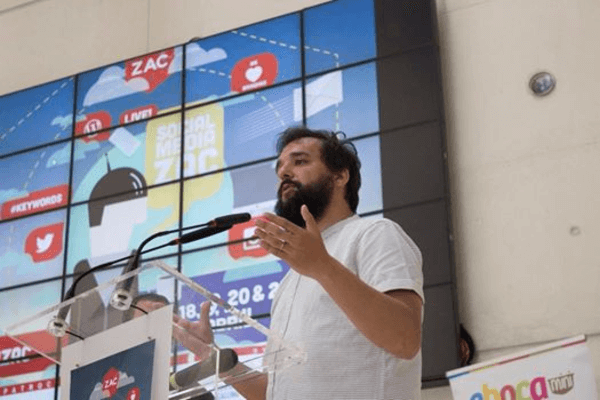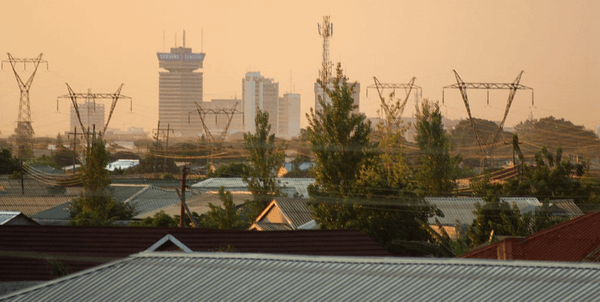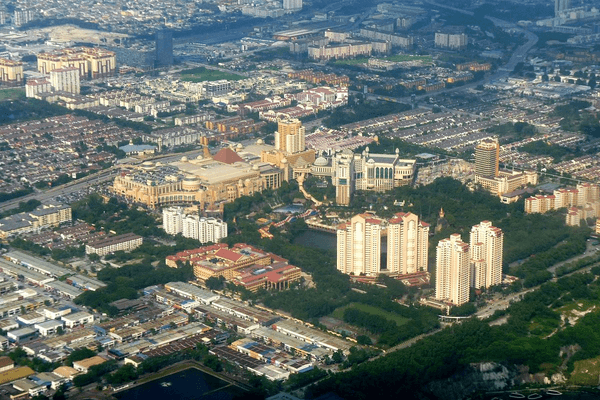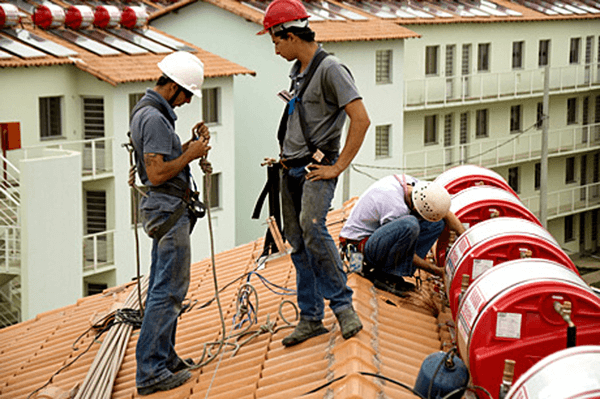City
Zaragoza
Main actors
City Government, Community / Citizen Group, other
Project area
Whole City/Administrative Region
Duration
Ongoing since 2013
A co-working space where a community of some 200 entrepreneurs, freelancers and creative professionals each dedicate four hours of their time every month in return for support with launching their projects. The principle is an exchange of services, ideas and knowledge through a ‘bank time’ approach.
In 2013, Zaragoza has responded to the economic crisis by transforming the way the city supports and strengthens entrepreneurialism. Inspired by the concept of the collaborative economy, based on a philosophy of collective responsibility and the sharing of human and physical resources, La Colaboradora (The Collaborator) was born.
In this collaborative workspace members work on their own entrepreneurial, social and creative projects and exchange ideas, services and know-how through a time bank system. Aimed at entrepreneurs, freelancers, creatives, contractors, NGOs and activists, the project started with 100 members chosen on the basis of their talents and what they can bring to the community, such as IT, design or administrative experience, and what they need in exchange.
Thanks to the engagement of its members, La Colaboradora is revitalising creativity, community, innovation and job creation in Zaragoza.
Originally published by EUROCITIES, the network of 130 European cities - PDF: http://nws.eurocities.eu/MediaShell/media/2016%20Awards_Cities%20in%20action_Zaragoza.pdf
Eurocities Awards
This project was awarded the 'Eurocities Awards' in 2016 in the following category: Cooperation.
On Map
The Map will be displayed after accepting cookie policy
